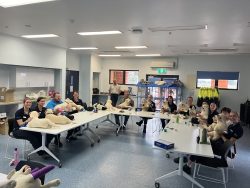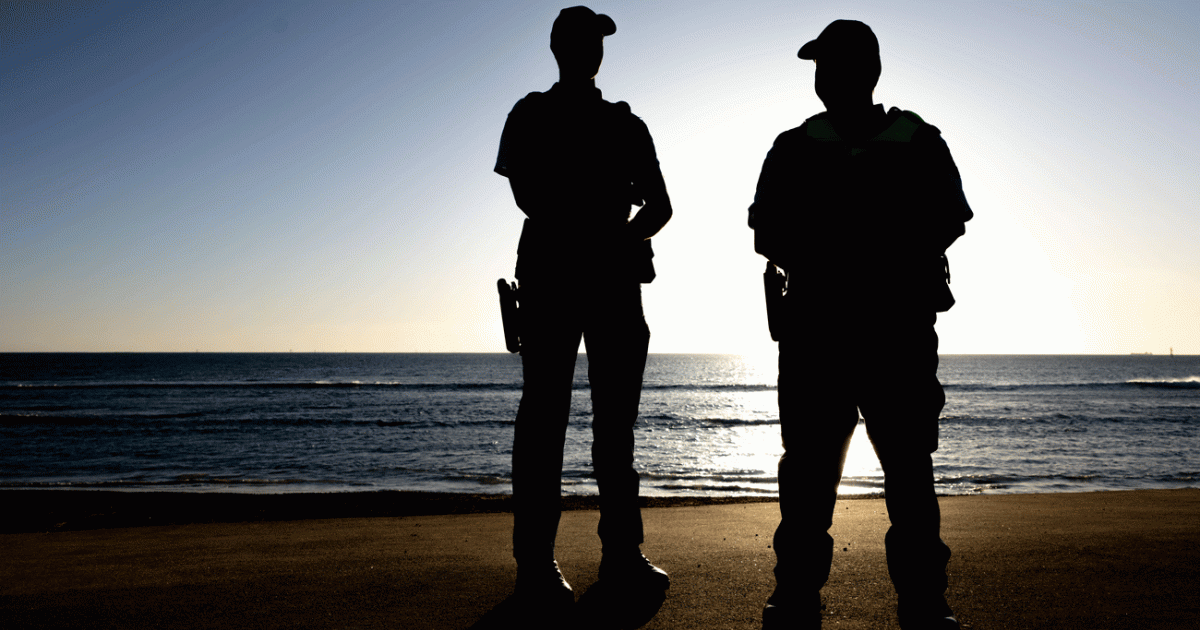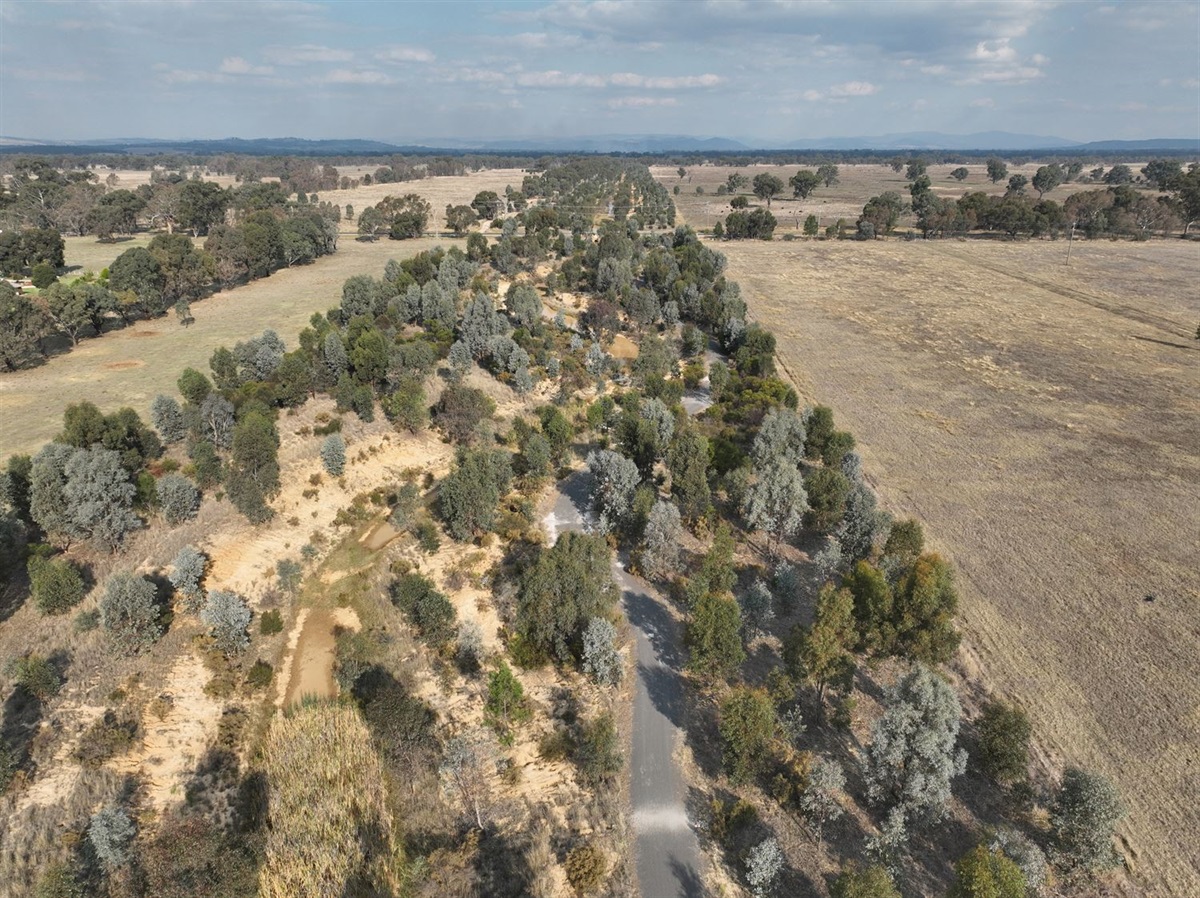A suicide aftercare service developed by Beyond Blue is helping to restore a sense of hope and belonging for people recovering after a suicidal crisis.
Early evaluation findings show that measures of suicidality decreased 63 per cent and psychological distress decreased 30 per cent among those who participated in Beyond Blue’s The Way Back Support Service.
The service supports people who have been discharged from hospital after a suicide attempt with personalised, practical, one-on-one assistance in the community.
Beyond Blue is keen to now support the Commonwealth, States and Territories in their push to make suicide aftercare available around Australia.
Beyond Blue Chair The Hon Julia Gillard AC said the warm and trusting relationship between service users and their support coordinator was a key reason why people found The Way Back to be helpful.
“The early evaluation findings confirm that connection and a sense of belonging reduce feelings of hopelessness and suicidality. With empathic, personalised follow-up, people feel seen, heard and empowered to use their own strengths in their recovery,” Ms Gillard said.
Tragically, more than 3,000 Australians take their lives each year and a further 65,000 attempt suicide. The latest system review by the Productivity Commission confirmed that up to one quarter of people who attempt suicide will re-attempt, with the risk of re-attempt being higher in the weeks and months afterwards. The Way Back Support Service was designed to support people through this critical period.
“Beyond Blue developed The Way Back several years ago to provide this crucial missing piece in Australia’s suicide prevention system – a gap the Commonwealth and State and Territory governments are now committed to addressing through the roll out of universal aftercare,” Ms Gillard said.
She said Beyond Blue was already sharing its experience and lessons learned with The Way Back with governments to ensure people right around Australia had access to effective models of suicide aftercare that met their needs.
“For too long, people have been discharged from hospital after attempting suicide without effective follow-up support,” Ms Gillard said.
“Before suicide aftercare, many people who had attempted suicide would return to the same life circumstances that may well have contributed to their attempt without engaging with any services at all.
“The Way Back Support Service and aftercare models like it are changing all this, and Beyond Blue is determined to influence the effective design, roll out and performance monitoring of the national transition to universal suicide aftercare.”
Encouraging results at The Way Back Support Service trial sites led to a 2018 Budget measure for Beyond Blue to work with Primary Health Networks, Local Health Networks, hospitals and other stakeholders to expand the model to up to 30 sites across the country. Today there are 38 sites, which have to date supported more than 15,500 people.
From July, existing sites will commence planning for future transition, ensuring service continuity for people in suicidal distress. Beyond Blue will provide advice and oversight during the national transition from 2023 to universal aftercare in line with new arrangements under the National Agreement on Mental Health and Suicide Prevention.
Beyond Blue CEO Georgie Harman said findings from the first independent interim evaluation of The Way Back Support Service showed a reduction in suicidal thoughts and feelings of distress and hopelessness.
Participants of The Way Back Support Service experience significant improvements in measures of suicidality, experiencing fewer and less severe episodes of suicidal thoughts and reporting greater control over these thoughts. Participants also report an improvement in the number and severity of the contributing factors to their distress or hospitalisation.
“These interim, early findings suggest The Way Back Support Service model offers an effective psychosocial intervention that complements clinical support for people following a suicide attempt. These are encouraging and useful insights that we hope governments will apply in their development and roll out of an effective universal aftercare model right across Australia,” Ms Harman said.
“Many people who generously participated in the evaluation said it would have been beneficial for them to have the support of The Way Back Support Service before they had reached crisis point.”
The interim evaluation report stresses the need for simplification of funding, governance and accountability arrangements. Improved data quality and a ‘single source of truth’ when it comes to data and insights that capture a complete picture are also critical. For example, many people are coming to The Way Back Support Service with safety plans already in place and this is not being captured in the data.
Ms Harman said Beyond Blue was committed to sharing and building on this knowledge to improve outcomes for people and families.
“We hope our release of these interim evaluation findings will support governments’ design of universal aftercare in Australia. The Productivity Commission’s mental health inquiry and the National Suicide Prevention Advisor’s recommendations called for open knowledge sharing so funders, policy makers, service providers and people with lived experience of suicidality learn together to prevent suicide and improve people’s experiences,” she said.







